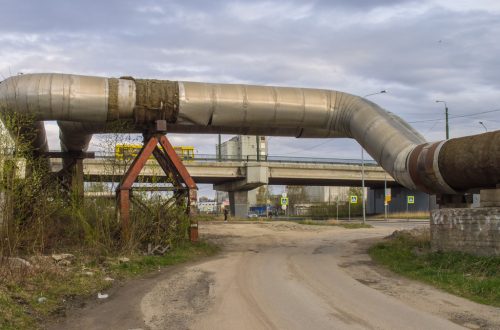Maintaining your strata property costs money – that money comes from maintenance fees and sinking funds, you pay each month.
An effective company must have tried-and-tested operating procedures honed through years of experience. Furthermore, they should offer tailored solutions to enhance your community and maximise investment return.
Be sure to choose a strata management South Australia that provides council members with in-depth training through hands-on events and seminar learning sessions; this will ensure they remain knowledgeable and united as an ensemble.
Managing Documents Effectively
Strata management involves overseeing the buildings and common areas of strata-titled properties (or community-titled schemes) to ensure they are well maintained for the benefit of all residents. Professional owner’s corporation managers (sometimes called corporate body managers or strata managers depending on your state/territory) may be appointed by the owners committee to perform this function and must follow specific instructions from the owners committee.
Administrative duties performed by strata managers typically include maintaining records, sending notices, organising meetings, and communicating with owners. They are also accountable for financial issues like levies collection and expenditure, creating budgets and annual statements for owners’ corporations, paying invoices directly, managing invoice payments directly with suppliers, and overseeing a pool of funds covering insurance premiums, utility bills and levies.
They should collect estimates for repairs to common property, obtain approval from the owners corporation to hire gardeners, cleaners and builders for maintenance services to upkeep it as per owners corporation policies, maintain records on repairs and maintenance as required and set aside money in an annual capital works or sinking fund to cover future building expenses.
An integral component of their role is upholding strata laws or rules designed to foster harmonious living on the premises, such as those that determine who can and cannot do certain activities there.
Establishing a Clear Approval Process
Strata-titled properties can be an intricate mix of privately owned space and common areas like corridors, gyms, pools, and lifts. Owners in such developments must pay upkeep and management costs for shared facilities, individual unit fees, and common property expenses. Strata managers oversee financial operations in these shared spaces to ensure an uninterrupted development experience for all lot owners.
One of the key aspects of strata management involves developing an accessible approval process that is easily accessible to all parties involved. An organised filing system with clearly labelled folders and files will help ensure the right documents are available when they’re needed; additionally, creating a document retention policy outlining which types of documents need to be kept and for how long before being reviewed or deleted is also key to proper strata administration.
Renovations that affect an entire building or surrounding area typically require strata approval for renovation, whether internal room remodels, building extensions, or creating an entirely new structure. The approval process involves consulting with the strata manager, filling out an application form, and providing supporting documentation such as plans and drawings for review.
Minority owners may feel discriminated against when it comes to approval processes of strata documents; for instance, winding-up up a strata corporation requires an 80% owner approval threshold which could be seen as discriminatory.
Communicating the Approval Process
Most strata bylaws specify when you must seek council approval before making changes to your unit, such as window coverings and sprinkler systems that affect a common property or changes that change its aesthetic, such as painting. You may need to attend a meeting where your proposal will be presented before signing a liability waiver – the following article explains more details on this.
As well as creating an appropriate approval process, strata management should regularly review and update documents to ensure they remain up-to-date and comply with all laws about them.
An effective approach to record-keeping is essential for strata management, providing a central repository of information that can easily be accessed and referenced for future projects. It should include documenting all activities and decisions made at meetings and keeping an accurate budget and other financial transaction records current. Keeping an excellent set of records also shows compliance with SPA as evidence that the scheme’s management follows legal regulations.


